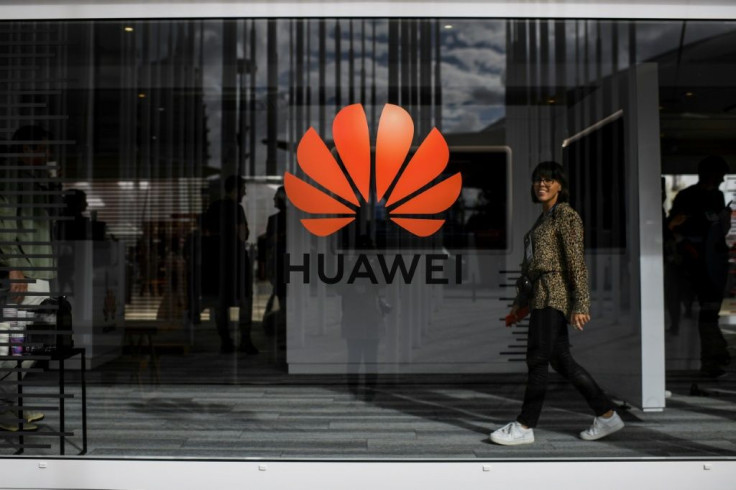Huawei, Other Chinese Brands Will Continue Facing 'Restrictions' In US

Expect tougher and harder times for Chinese technology in the United States as the US government is expected to continue implementing restrictions on tech coming from China.
In a report by CNBC, experts see that the US government will continue its restrictions towards China and its technology products, not just Huawei. To recall, Huawei was the first to experience this as US President Donald Trump issued an order banning Huawei devices in the US.
Experts see that this move by the US was the start of something bigger. Tao Wang, the chief China economist at UBS, told CNBC that this was a “catalyst to show that actually, the dispute on the trade front has spread to other areas, like technology.”
Despite the US and China reaching an initial stage of a trade deal, Wang said that restrictions will continue. “Even with a phase one trade deal or even a complete trade deal, our conviction is that tougher restrictions from the U.S. on technology will continue,” she said.
However, this is not just a simple case of the US government being stubborn to go back from their word, or anything else. Rather, this is a concern of national security.
“Once you mention that, I think it’s very difficult for any politician to say ‘I don’t care about national security.’ It is going to be difficult to actually reverse,” Wang added.
Earlier this year, it can be recalled that the US government issued a ban on doing business with Huawei, due to reasons that the Chinese mobile company is allegedly involved in activities that are a threat to US national security.
This order spiraled a domino effect in the tech industry. Mobile devices, computers, and even tech hardware started cutting ties with Huawei as well. This caused a number of upcoming Huawei products to be delayed and put on hold. Since most of the parts, as well as the software that these devices use, are from the US, and thus the mobile giant’s decision.
© Copyright IBTimes 2025. All rights reserved.


















